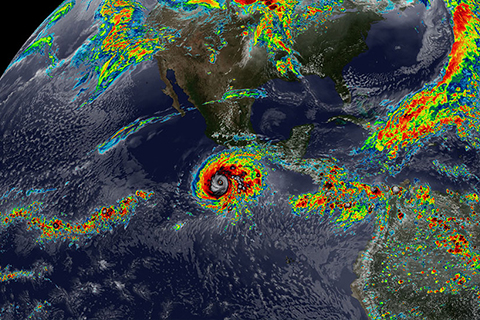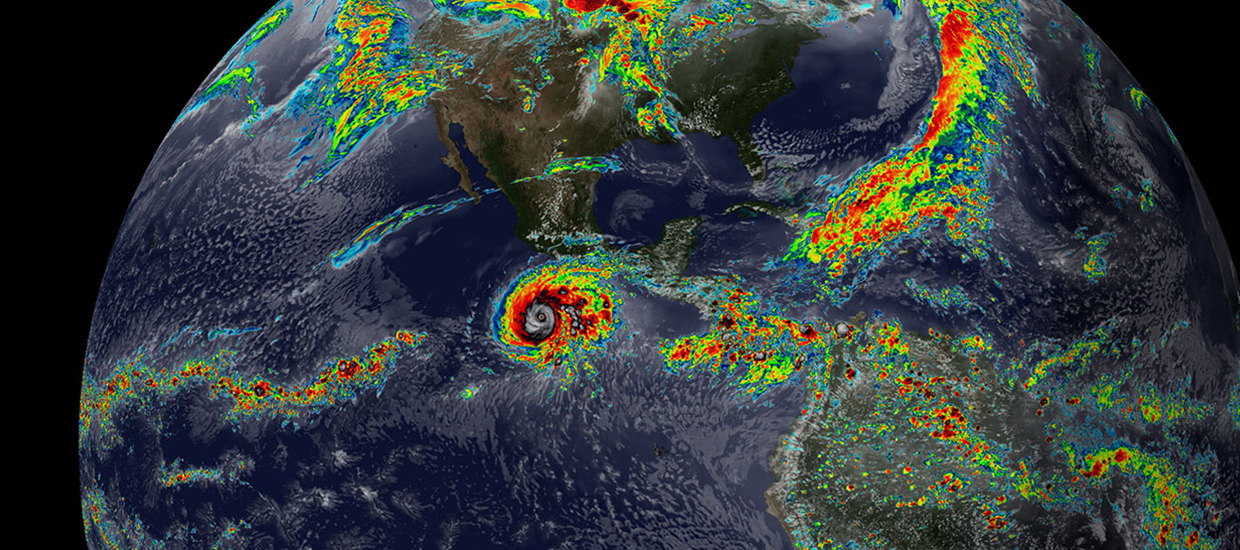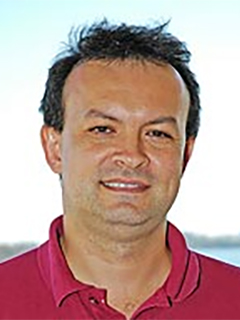Society is experiencing higher frequencies of natural catastrophes, including those due to hurricanes, tornadoes, floods, storm surge, volcanic eruptions, landslides, hail, wildfires and earthquakes. As many of these disasters are sensitive to a rapidly changing climate, their impacts are outpacing society’s ability to achieve resilience within the engineering, architecture, public health, business and governance sectors. The World Bank estimates the costs of these catastrophes at $184 billion per year, with the 2011 Fukushima tsunami and nuclear disaster alone costing $200 billon.
The University of Miami’s Rosenstiel School of Marine, Atmospheric, and Earth Science conducts world-class research on the earth systems responsible for these disasters, including the atmosphere, the ocean and solid earth. To meet society’s need for a skilled workforce, this program offers an educational opportunity for students seeking to fill positions offered by the private and civil sectors to assess risks and exposures associated with natural hazards. The goal is to provide students with the skills and knowledge necessary to understand earth system natural hazards (atmospheric, oceanic, geological and hydrological) and the data analytics tools required to assess the associated risks (e.g. statistics, data management, programming, GIS, and remote sensing). The strategic selection of electives exposes students to legal and regulatory knowledge, communication and media training, and the development of project management skills, all designed to prepare them to address these challenges as future global leaders. This degree will prepare its graduates for employment in several sectors, including insurance and re-insurance industry, architecture, emergency management, engineering, public health and science.
Natural Hazards and Catastrophes (NHC)
The University of Miami’s Rosenstiel School of Marine, Atmospheric, and Earth Science conducts world-class research on the earth systems responsible for these disasters, including the atmosphere, the ocean and solid earth. To meet society’s need for a skilled workforce, the Natural Hazards and Catastrophes program offers an educational opportunity for students seeking to fill positions offered by the private and civil sectors to assess risks and exposures associated with natural hazards. The goal is to provide students with the skills and knowledge necessary to understand earth system natural hazards (atmospheric, oceanic, geological and hydrological) and the data analytics tools required to assess the associated risks (e.g. statistics, data management, programming, GIS, and remote sensing).
Program Requirements






